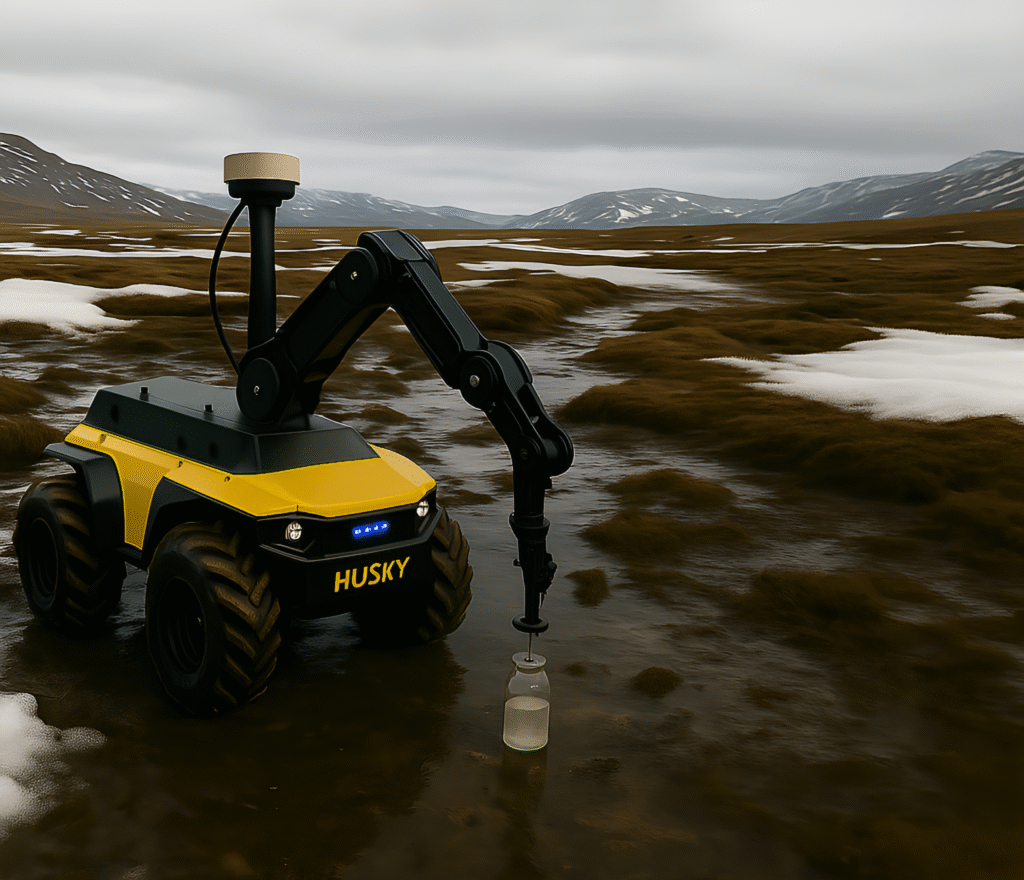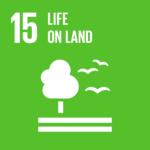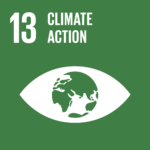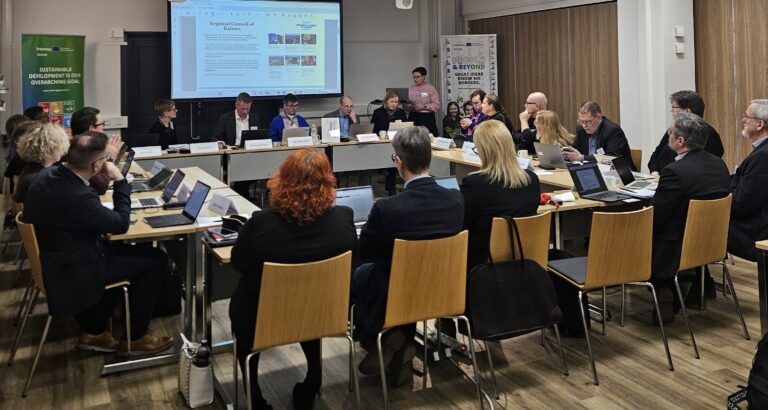The Interreg Aurora funded project AUTONOMIC introduces autonomous inspection and monitoring of the environment to promote sustainable development in northern regions. A team of mobile robots navigate in harsh, remote areas of arctic and sub-arctic climates with the aid of intelligent perception and decision making. The robotic system will be equipped with advanced tools enabling them for safe collection the samples of soil, water, ice, and snow from hard-to-reach, cluttered, and fragile locations. The goal is to collect environmental samples year-round for analysis, identifying pollution levels and tracking nutrient and carbon movements in runoff waters or soil during snowmelt, across multiple areas. This will create a map with spatiotemporal information, pinpointing affected areas tagged with intensity levels. Such a map, along with environmental digital-twin models, would enable futuristic predictions of ecological states and assist in planning high-level actions for sustainable ecosystem development while preserving biodiversity effectively.
Project objectives
AUTONOMIC constitutes a strong consortium with vibrant expertise from diverse domains in academia and industries from Sweden and Finland and with vast experience in robotics, autonomy, environmental monitoring, mapping, sampling and analysis of water and soil. The project will focus on developing, demonstrating and exploiting key technologies as: a) robotic sampling tool, and b) autonomy to enable autonomous environmental sampling. Collected samples will be c) analyzed in labs and with onboard sensors to identify potential contaminants and will be processed to systematic statistical maintenance and associate in spatiotemporal maps, which again will be used to develop d) the predictive digital twin model serving as a predictive tool for guiding social and industrial development in strategic planning.
Target group
The target group consists of local communities, environmental researchers, industrial stakeholders, and governmental agencies in both Sweden and Finland, particularly those involved in managing and preserving the natural resources of the Lapland region. This includes rural inhabitants, policymakers, and key stakeholders such as the Lapland Centre for Economic Development, Transport and the ELY Centre, Agnico Eagle Kittilä, Länsstyrelsen, and the Oulu Municipality.
Contact: George Nikolakopoulos, project coordinator, Luleå tekniska universitet, geonik@ltu.se




